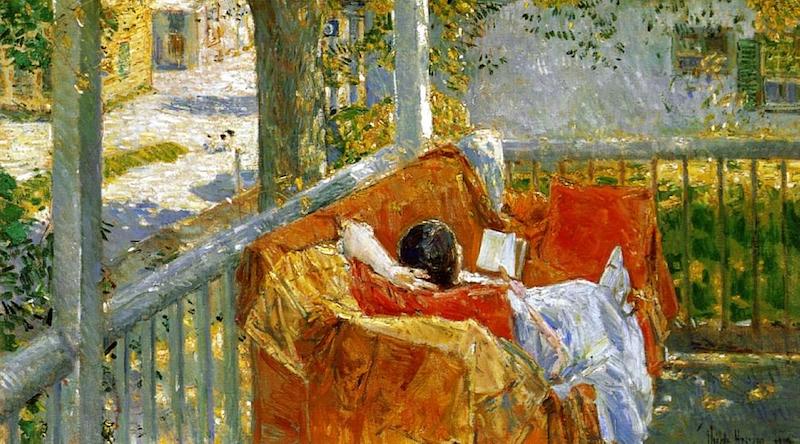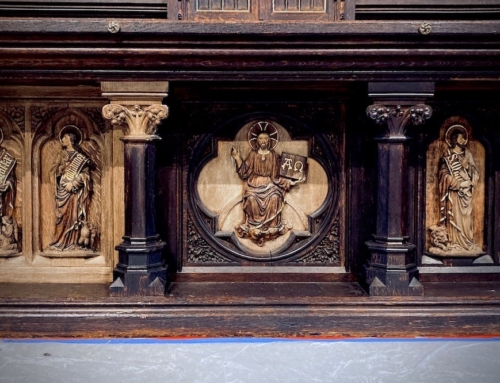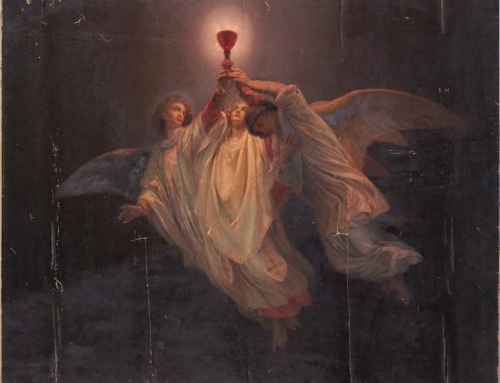“I’m always irritated by people who imply that writing fiction is an escape from reality. It is a plunge into reality and it’s very shocking to the system.” — Flannery O’Connor
The American Dream, despite its associations with land, financial prosperity, and a rags-to-riches mentality, is expressive of a far more general idea—Americans tend to think big. The open road stretches for miles into the horizon. What can’t be done? Their eyes are set upon the heights, and little can get in the way of their designs.
Two particular groups of Americans exemplify this notion: writers and Catholics. American writers craft worlds, characters, and stories which aim not to escape reality, but, as O’Connor states, plunge into it. They grasp the big picture and shape it to fit our bookshelves. American Catholics, never mind their social flourishing in the 1950s, have their eyes set on the ineffable God himself, reaching out to his greatness while pilgrims in the great American landscape. Catholics have an incarnational call—they drink from the wellspring of the Word, and give it flesh in their lives.
How much more, then, do the Catholic writers of America have the responsibility of plunging their audience into reality? In this way, they are preachers—they contemplate and share what is contemplated.
But what additional good do fiction and poetry provide? Theologians and philosophers already offer us a direct line to reality. However, lest we turn away from wisdom because we find its stream to feel more like a fire hose, God has allowed another avenue for these truths. As master of reality, God communicates through metaphors and narrative of Scripture, that all may take share of its saving truths (ST I, q. 1, a. 9). Further, he has allowed our human freedom and creativity to further communicate truths discovered—as the philosopher has his treatise on universal truths, the author gives those truths flesh in the particulars of his novel. Although we are made to know the same reality, our road maps are often differentiated according to the characters and settings that surround us. How beautifully human it is then, that we can see through the eyes of another in the form of the written word, take in his view of the Good and True, and make it part of our own view.
So, we at Dominicana think it advantageous to share six writers from the American Catholic canon over the next six Saturdays. With some better-known and some lesser-known authors, we are sure you’ll find a new highway to reality’s horizon.
✠
Image: Childe Hassam, The Couch on the Porch, Cos Cob







